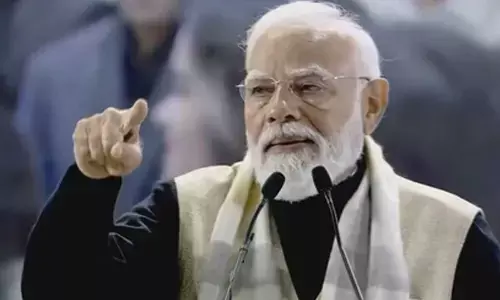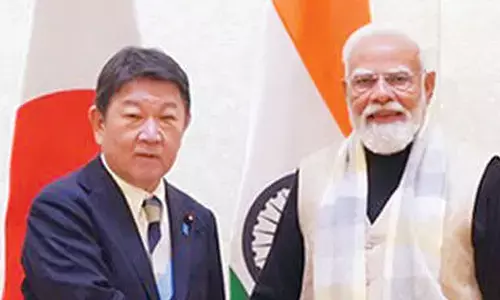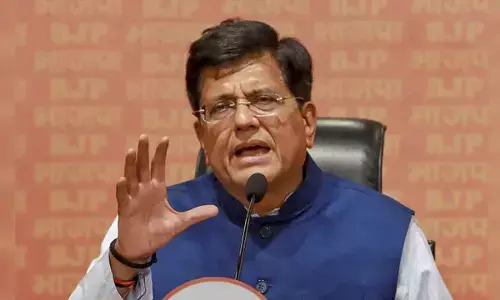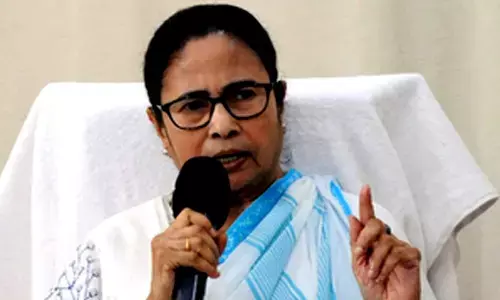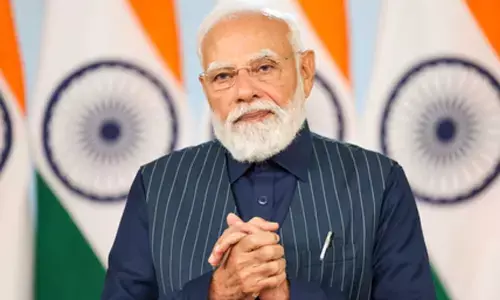Rahul Gandhi Says He Doesn't Hate PM Modi, Emphasizes Empathy
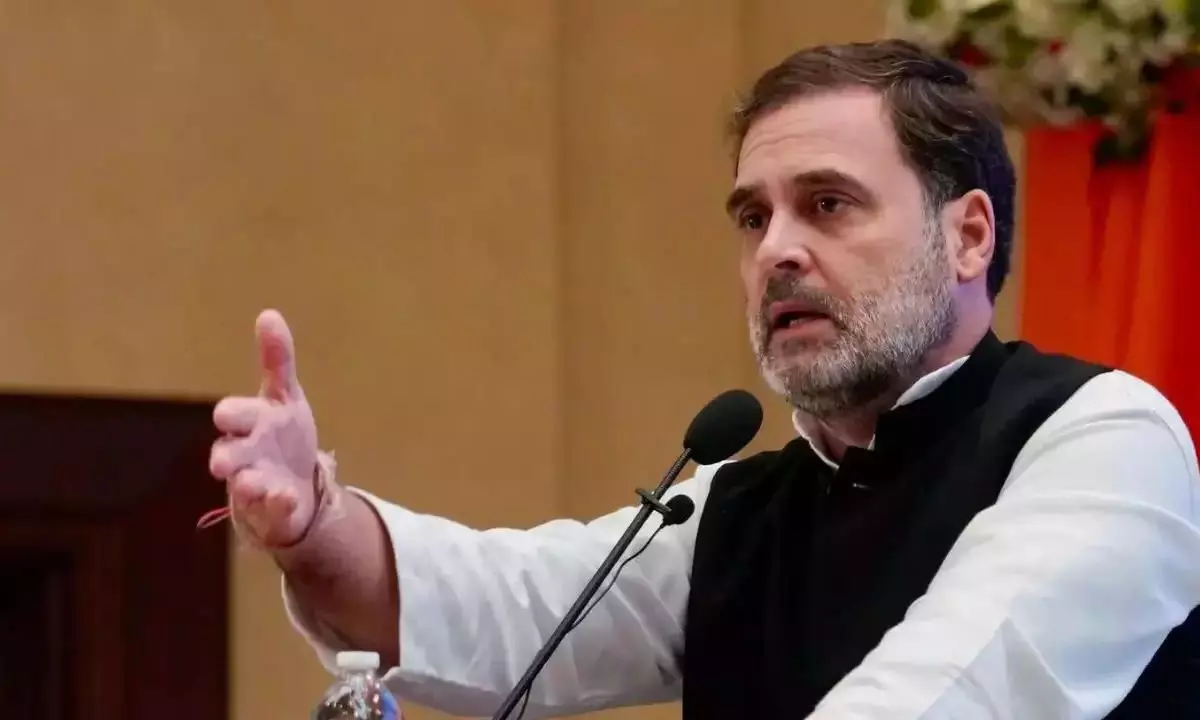
During his US visit, Rahul Gandhi expressed empathy, not hate, for PM Modi, while addressing unemployment and women's rights, sparking political debate.
During his three-day visit to the United States, Congress leader Rahul Gandhi made a surprising remark, stating that he does not hate Prime Minister Narendra Modi but instead empathizes with him. Speaking at Georgetown University in Washington DC, Mr. Gandhi said, "You will be surprised, but I don't actually hate Mr. Modi. He has got a point of view, I don't agree with his point of view, but I don't hate him."
Mr. Gandhi went on to explain that he sees the political differences between himself and Mr. Modi as a clash of perspectives rather than personal animosity. "In many moments, I empathize with him. It’s not that I think he is my enemy. He has a different point of view, and I have a different point of view," he said.
The Congress leader's remarks have garnered both support and criticism. While some applauded his approach of empathy in politics, others, particularly the ruling BJP, were quick to criticize his comments. BJP spokesperson Gaurav Bhatia called Rahul Gandhi a "black spot" on Indian democracy, accusing him of weakening the country’s democratic fabric during his foreign visits.
Mr. Gandhi also addressed the ideological divide between the BJP and Congress, highlighting that the BJP’s approach to women's rights and social issues differs from that of the Congress. He criticized the RSS and BJP’s stance on women’s roles in society, stating, "BJP/RSS believe that women should be restricted to a particular role, they should stay at home, cook food, they should not talk too much. We believe women should be allowed to aspire to whatever they want to do."
On the issue of unemployment, Mr. Gandhi drew a comparison between India and China, arguing that India must shift its focus back to production to create jobs. His comments have stirred discussions on both domestic and international fronts, making his US visit one of significant political discourse.



